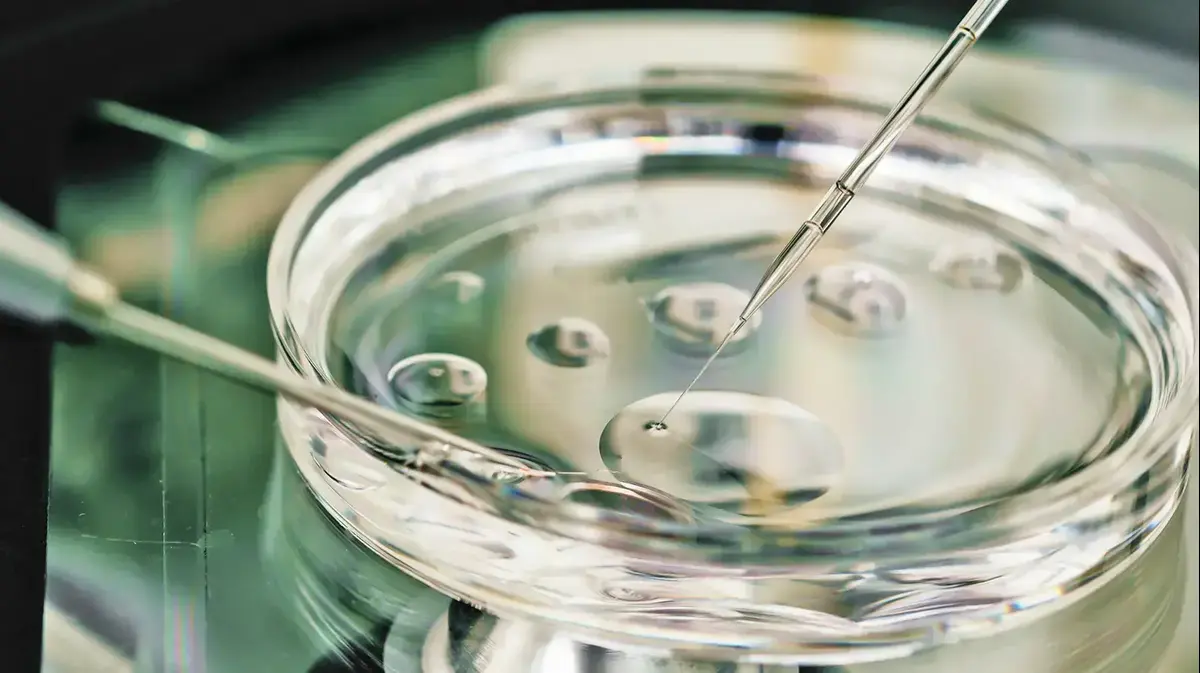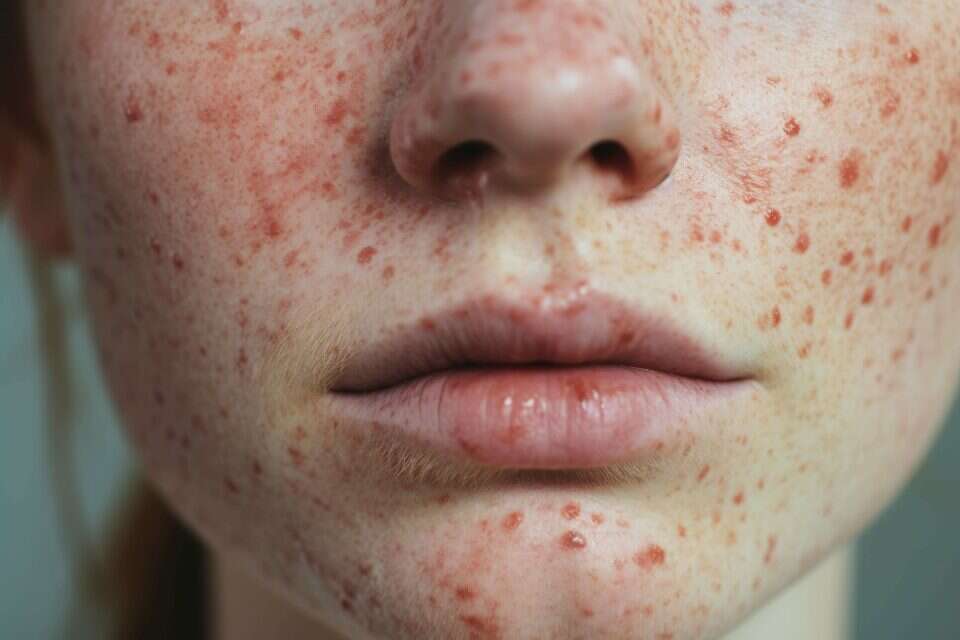The new corona strain is already causing concern around the world, but it is not certain that there is a reason for it • Dr. Itzik Levy, an expert in infectious diseases, answers all the questions on the subject
Corona Laboratory
Photography:
GettyImages
What is the new mutation discovered in the UK and what are its characteristics?
The mutation is a small genetic change that causes a change in the structure of the virus protein, which binds the virus to a receptor on the surface of the human cell (the "spike protein").
Such mutations are common in viruses, in which case the mutation may cause a change in the ability of the virus to bind to a receptor on the surface of the human cell, resulting in better binding and penetration of the virus into the cell.
As mentioned, one of the things that characterizes the viruses with this specific mutation, is the fact that it allows better binding to the receptor in the human cell, and this probably leads to higher efficiency in the ability to infect.
In this way, there may indeed be a 70% increase in the ability of the virus to infect.
Is the development of mutations in viruses a rarity?
Mutant development is quite common, this is what allows the virus to adapt to living in changing environments, and especially in the RNA viruses that the corona belongs to.
How is it different?
It differs from other mutations - for example from the Danish mutation - in location and affinity for the receptor.
While the Danish mutation is disappearing, the British mutation is actually spreading.
Should I be apprehensive?
There are three things in relation to which the mutation may cause concern: a.
More effective adhesion - this is probably true;
B.
Does the mutation cause a more serious illness?
- There is no evidence of this.
third.
Will the mutation make current vaccines less effective?
- There is no evidence of this at this stage, but the matter is under investigation, of course.
Could it jeopardize vaccine resistance?
As far as we know and as much as we understand the structure of the protein and the activity of the vaccine - we do not expect the mutation to cause it, and estimate that the vaccine will be valid for it.
At the same time, we need to test this in vaccinated populations.
At the same time, I would like to point out that if, God forbid, we find a mutation in the future that will make the vaccine invalid - we can produce a new vaccine in a short time, because this will require a small change in MRNA that should not be a problem with existing technologies.
What steps should be taken?
What needs to be done is continuous monitoring of mutations in the country (so-called "genetic sequencing of the virus" - such as fingerprinting of the virus), restrictions on returnees from countries where the mutation is located, and continued monitoring of the mutation's effects on infection, its ability to cause disease On immunity.
Answers courtesy of Dr. Itzik Levy, an infectious disease specialist, director of the Corona Recovery Clinic at Sheba Medical Center








